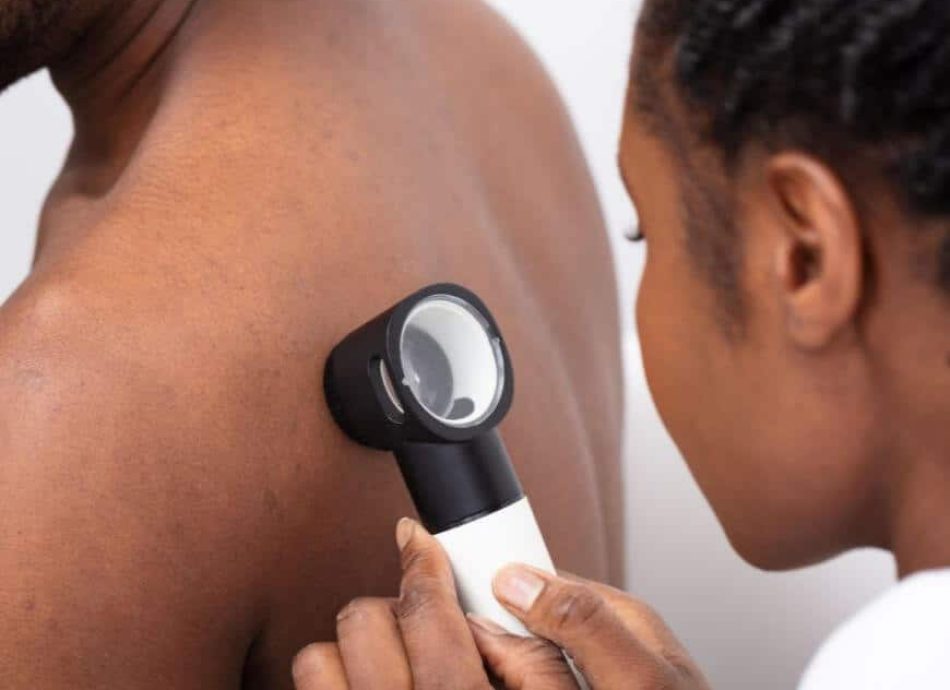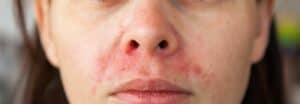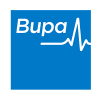Award winning dermatology service, with over 20 years on experience
Short waiting lists, on some occasions offering same week appointments
Safe environment, in Care Quality Commission approved facilities
Eczema & Skin Rash Treatments Include:
Eczema Treatment Shrewsbury, Shropshire
At St. Michael’s Clinic in Shrewsbury, Shropshire, we understand the importance of finding effective treatments for Skin Rashes and Eczema. Our Consultant Dermatologist are highly experienced in diagnosing and treating these conditions, providing support and advice to help alleviate the symptoms and reduce inflammation. We also offer a wide range of therapies to improve skin health, including topicals and creams, as well as lifestyle advice such as avoiding certain fabrics and foods that may trigger an exacerbation. If you require specialist advice or treatment for skin rash or eczema, contact us today for a comprehensive assessment and diagnosis.
HOW IS ECZEMA TREATED?
CREAMS
Common creams used to treat eczema include emollients, soap substitutes, steroids and tacrolimus. These can be applied to the skin to manage the symptoms and reduce inflammation and itching so the skin can begin to heal.
PHOTOTHERAPY
Phototherapy works to treat eczema which has not responded to topical treatments, and uses different wavelengths of ultraviolet (UV) light to reduce itch and inflammation. Natural sunlight has been found to reduce symptoms of eczema and this treatment mimics this light and has a positive effect on the immune system.
SYSTEMATIC MEDICATION
Systemic medication is reserved for very severe or life limiting eczema. These can range from oral medications to injectable medications and include immunosuppressants which work to stop the itch associated with eczema and allow the skin to heal, reducing the risk of skin infections.
FREQUENTLY ASKED QUESTIONS
HOW MIGHT ECZEMA AFFECT ME?
The key feature of eczema is that it is itchy. This can be a minor distraction or a major feature that interferes with your life and prevent sleeping, working and concentration. In children it can prevent sleep which causes unhappiness at home. The condition can cause redness and thickening of the skin which might affect one’s appearance and confidence.
CAN ECZEMA BE CURED?
There is currently no known cure for eczema, though many articles in the media suggest otherwise. Treatment is focussed on the symptoms and minimising the triggers.
WHAT ARE THE TYPES OF ECZEMA?
- Atopic eczema; common in children and related to other allergic conditions such as asthma and hay fever.
- Allergic contact dermatitis: an eczema caused by an allergic reaction to something coming into contact with the skin. This can be identified by means of a patch test.
- Irritant contact eczema: an eczema caused by a chemical irritating the skin (such as soap or disinfectants)
- Pompholyx/Dyshidrotic eczema: itchy tiny blisters occurring under the skin on hands and feet.
- Lichen simplex chronicus: a thickened itchy area caused by repeated rubbing and scratching
- Nodular prurigo: similar to lichen simplex, multiple small itchy areas of thickened inflamed skin
- Asteatotic eczema: dermatitis due to dry, cracked skin that occurs with age
- Drug-induced eczema: eczema that might resemble any of the above types, but that is caused by medications.
- Seborrhoeic dermatitis: a common cause of dandruff but can also affect the face, underarms and chest.
WHAT ECZEMA TREATMENTS ARE AVAILABLE?
Although eczema isn’t life-threatening, it can affect your quality of life as a sufferer. Flare-ups of eczema can be very itchy and uncomfortable; scratching the skin provides immediate short-term relief, but ultimately prolongs the problem by introducing bacteria to the broken skin and causing further infection and inflammation.
St Michael’s Clinic in Shrewsbury specialises in treating skin conditions and rashes including eczema. We can provide you with a course of eczema treatments to deal with flare-ups and ongoing symptoms, as well as providing advice on how you can manage your eczema and minimise future flare-ups.
The types of treatments we usually recommend include the most appropriate moisturising creams and prescription medications which come in the form of topical products or oral medication. These are used to help control the inflammation and manage the symptoms.
REQUEST A CALL BACK
Please fill in this form and one of our team will give you a call back to arrange a consultation with one of our expert dermatologists.

HEAR FROM OUR PATIENTS
WHY TREAT YOUR ECZEMA AND SKIN RASHES AT ST. MICHAEL'S CLINIC?
Here at St. Michael’s Clinic, Shrewsbury’s leading private skin and laser treatment clinic, our experts are specialists in all aspects of dermatology, skin cancer, anti-ageing and beauty treatments. We are able to offer NHS patients a consultant led dermatology service from our sites in Shrewsbury and Much Wenlock.
St. Michael’s Clinic is regulated by the Care Quality Commission, ensuring the best level of treatment is provided to you in a safe environment. We are part of the Dermatology Partnership, a leading group of dermatology clinics, defined by clinical excellence and focusing on leading dermatological care.
latest INSIGHTS AND ADVICE

Your Guide to Autumn Skincare
With the weather gradually cooling and leaves taking on their autumnal palette, it’s also a gentle reminder that winter is on its way. Maintaining a vibrant and healthy skin during the transition from summer to cooler days can be challenging. Fear not – this comprehensive

The Definitive Guide to Eczema
Eczema Awareness Month in October is a global initiative spotlighting those who suffer from this demanding skin ailment. Our perpetual aim is to arm you with a well-rounded understanding of eczema‘s core causes, differing treatments and beneficial coping mechanisms. This all-inclusive guide offers penetrating insights

Exploring Varicose Veins: Recognising, Managing and Preventing
Varicose Disease Awareness Month is focused on raising awareness about varicose veins, a common but frequently overlooked condition affecting millions globally. Throughout September, our goal is to emphasise the importance of early detection, explore the causes, treatment options and highlight lifestyle changes that can help




